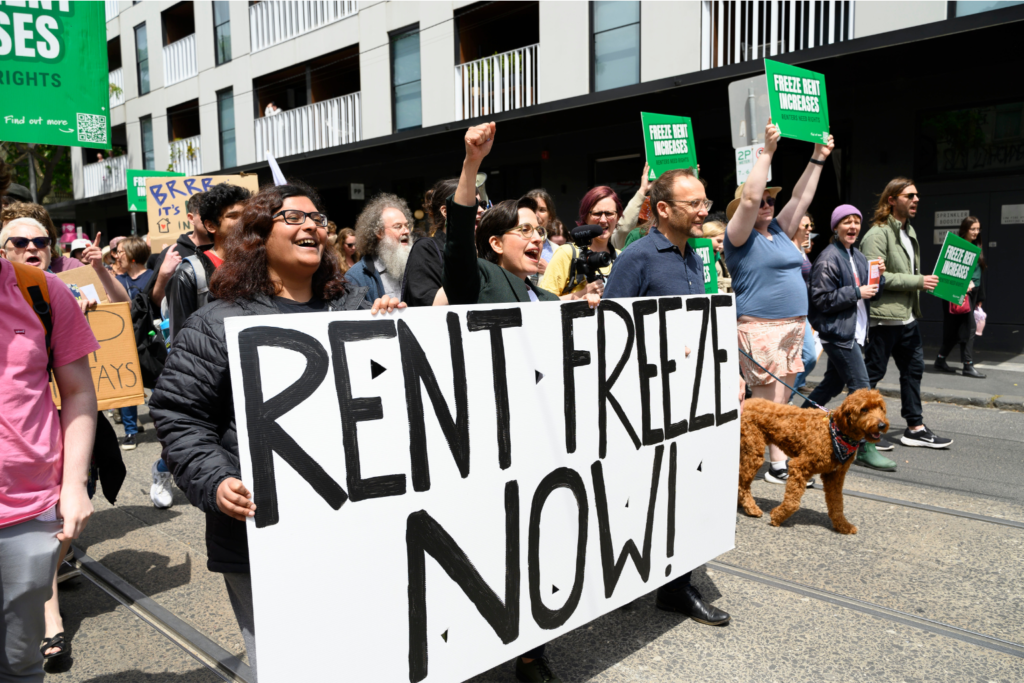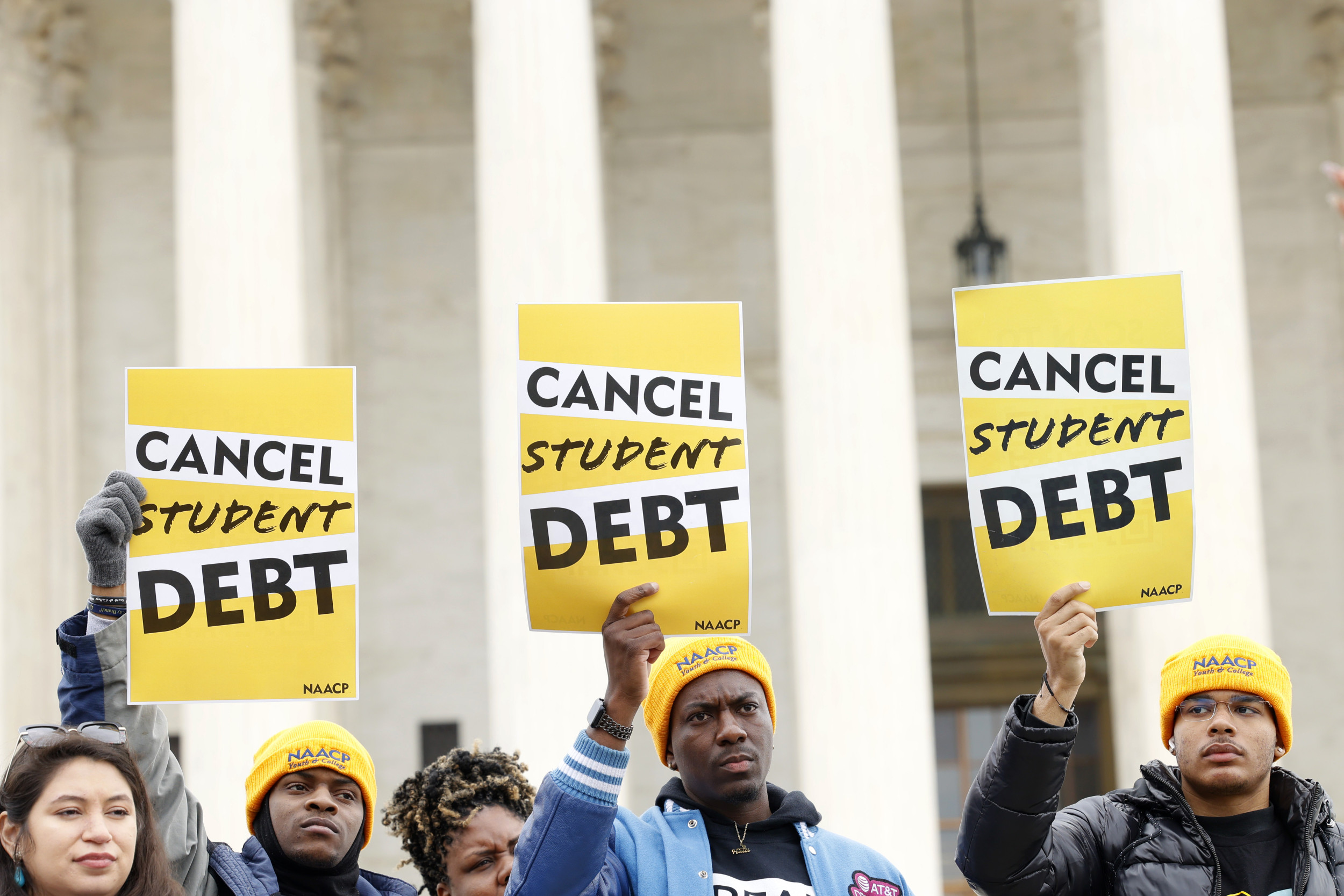Criticism Mounts Against PVV's Proposed Rent Freeze

Table of Contents
Economic Concerns of the PVV Rent Freeze
The economic ramifications of the proposed PVV rent freeze are substantial and largely negative, raising concerns among economists and investors alike.
Impact on Rental Property Investment
A nationwide rent freeze would severely dampen investment in the Dutch rental property market. The reduced profitability for landlords would significantly impact the construction of new rental units and renovations of existing ones.
- Reduced profitability for landlords: Lower rental yields make rental properties less attractive investments, discouraging new construction.
- Less incentive for new construction and renovations: Landlords will be less inclined to invest in maintaining or upgrading properties if rental income is capped. This could lead to a deterioration of housing quality.
- Potential for property owners to exit the rental market: Faced with reduced profitability, some landlords may choose to sell their properties, further decreasing the already limited rental supply. This ultimately harms those seeking affordable housing. The PVV rent freeze impact on investment is a significant concern.
Potential for Market Distortion
Rent controls are frequently associated with market distortions, creating imbalances that exacerbate the very problem they aim to solve.
- Increased black market activity for rental properties: A rent freeze could drive a surge in unregulated rentals, where landlords can charge higher prices outside the official system.
- Reduced maintenance and upgrades due to lower rental income: With limited income potential, landlords might cut back on necessary repairs and upgrades, leading to substandard housing conditions.
- Difficulty in attracting qualified property managers: Lower profitability could discourage experienced property managers from working in the rental sector, leading to further neglect and inefficiency.
Long-Term Economic Instability
A prolonged rent freeze risks creating significant long-term economic instability within the Dutch real estate sector.
- Negative effect on overall investment confidence: Uncertainty surrounding rental yields could deter both domestic and foreign investment in the Dutch housing market.
- Discouraging innovation and development in the housing market: The lack of financial incentives will stifle innovation in sustainable housing solutions and construction techniques.
Social Implications of the PVV Rent Freeze
While ostensibly aimed at assisting low-income renters, the PVV rent freeze proposal has serious potential negative social consequences.
Impact on Low-Income Renters
Ironically, the PVV rent freeze could harm the very population it intends to help – low-income renters.
- Increased competition for limited available units: A reduction in rental supply due to decreased investment will lead to heightened competition for existing units, making it harder for low-income families to secure housing.
- Potential for discrimination against certain tenant groups: Landlords may become more selective in their tenant choices, potentially discriminating against families with children or those with lower credit scores.
- Difficulty finding suitable housing that meets their needs: The reduced supply of rental units will likely mean less choice for low-income renters, making it harder to find housing that meets their specific needs and location preferences. The PVV rent freeze consequences for low-income individuals could be severe.
Inequality and Disparities
The proposed policy could exacerbate existing social and economic inequalities.
- Landlords may seek to recover losses through other means: Landlords might attempt to recoup their reduced income through increased fees or stricter lease terms, disproportionately impacting vulnerable tenants.
- Creation of a two-tiered rental system, favoring those with connections: The black market for rentals could create a system where those with connections have access to better housing, while others are left with limited and potentially substandard options.
- Exacerbated tensions between landlords and tenants: The policy could create a climate of distrust and conflict between landlords and tenants, further destabilizing the rental market.
Political Ramifications of the PVV Rent Freeze Proposal
The PVV rent freeze proposal is not without its significant political implications.
Short-sighted Political Strategy
Many critics argue that the proposal is primarily a populist tactic to garner votes, lacking substance and long-term viability.
- Lack of detailed implementation plan: The proposal lacks specifics on how a rent freeze would be implemented and enforced, raising concerns about its practical feasibility.
- Ignoring the root causes of the housing shortage: The proposal fails to address the underlying issues contributing to the housing crisis, such as insufficient construction and zoning regulations.
- Potential for backfiring and damaging the PVV's credibility: The policy's potential negative consequences could damage the PVV's reputation and undermine its political standing.
Opposition from other political parties and stakeholders
The proposal has met with widespread opposition from various political parties, housing organizations and economic experts.
- Lack of consensus among stakeholders: The proposal lacks broad support, suggesting a significant lack of consensus among relevant parties.
- Potential for legal challenges to the proposed legislation: The legality and enforceability of a nationwide rent freeze are questionable, and legal challenges are likely.
- Calls for more comprehensive and sustainable solutions: Experts are calling for more comprehensive and sustainable strategies to tackle the housing crisis, rather than a simplistic rent freeze.
Conclusion
The PVV's proposed rent freeze, while seemingly addressing the pressing housing crisis, faces significant criticism due to its potential negative economic and social consequences. Concerns range from reduced investment in the rental market to potential exacerbations of existing inequalities and market distortions. The proposed solution appears to be a short-sighted political maneuver rather than a carefully considered policy. Addressing the complex issue of housing affordability requires a more nuanced approach, incorporating long-term strategies and considering the input of various stakeholders. Finding a solution that truly benefits all parties, rather than simply engaging in populist rhetoric, is crucial. A comprehensive and sustainable housing policy, not a simplistic PVV rent freeze, is needed to tackle the Netherlands' housing crisis effectively. Let's move beyond the PVV rent freeze debate and find real solutions for affordable housing.

Featured Posts
-
 Will The Padres Finally Outplay The Rockies Series Preview
May 28, 2025
Will The Padres Finally Outplay The Rockies Series Preview
May 28, 2025 -
 Understanding The Impacts Of Dangerous Climate Whiplash On Urban Infrastructure
May 28, 2025
Understanding The Impacts Of Dangerous Climate Whiplash On Urban Infrastructure
May 28, 2025 -
 Bianca Censori And Kanye West A Relationship Breakdown And Unexpected Exit
May 28, 2025
Bianca Censori And Kanye West A Relationship Breakdown And Unexpected Exit
May 28, 2025 -
 Student Loan Debt A Looming Threat To The National Economy
May 28, 2025
Student Loan Debt A Looming Threat To The National Economy
May 28, 2025 -
 Insider Reveals Taylor Swift Travis Kelce Relationship Not Josh Allens Style
May 28, 2025
Insider Reveals Taylor Swift Travis Kelce Relationship Not Josh Allens Style
May 28, 2025
